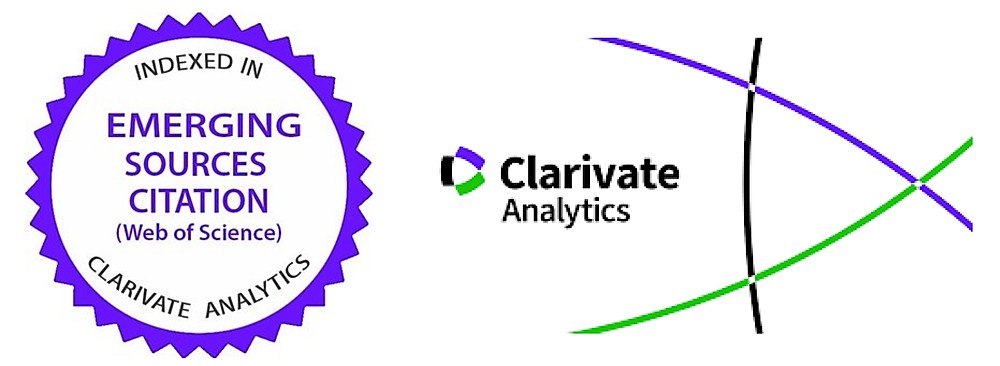Fiscal Reforms and Deficits in Tanzania: an Exploratory Review
Abstract
This study provides an exploratory review of the trends, policy reforms, and determinants of fiscal deficits in Tanzania during the period 1980-2017. During this period, the country undertook various fiscal policy reforms intended to improve revenue mobilization and expenditure efficiency. The most significant of these reforms included the introduction of the semi-autonomous revenue authority and an extensive public financial management reform program. While the post-independence period was characterized by large fiscal deficits, recent trends show that fiscal deficits in Tanzania have been contained, even as some public investment management challenges exist. The review of trends and literature suggests that fiscal deficits are linked to the structure of the economy, low levels of development, donor aid and grants, as well as the overall macroeconomic environment. In particular, fiscal deficits are associated with growth cycles, inflationary episodes, and external sector developments.



























